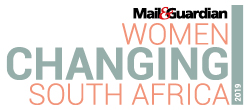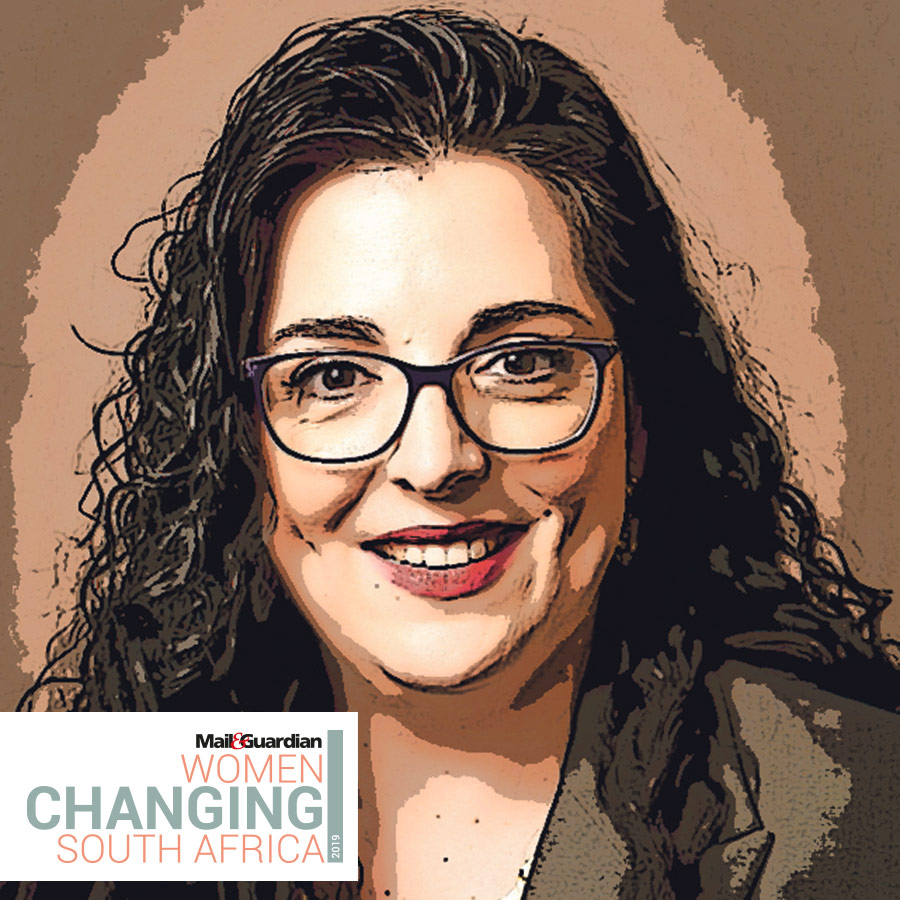| Head HR, Labour and Development — AgriSA |

There was power in that: we were successful. I saw then the power in a group and the influence it has.
‘Some of us are activists and we were born that way,” Jahni de Villiers says of her fight against sexual harassment and discrimination in workplaces.
De Villiers’s activism began at an early age, when, in grade seven, the principal of her school would not allow learners to have a civvies day. She could not understand why he was blocking this, as the girls would pay R5 to not turn up in their school uniforms. De Villiers and a group of her friends staged a sit-in outside the principal’s office.
Collective action and labour law are an “absolute passion” for Villiers, who started calling trade union Solidarity fresh out of university in the hopes of landing a job. She worked as a trade unionist in the organisation — which largely counts “skilled” white workers as its members — climbing the ranks through the communications unit and, later, as an organiser.
While doing the ground work as a trade unionist, De Villiers felt strongly that women are not safe in the workplace and decided to study further. She came across research that showed 75% of women have experienced sexual harassment in the workplace.
Unions have a flat structure and De Villiers felt she could have greater career growth and scope at Agri SA, an agricultural industry association, where she could influence policy at forums such as Business Unity SA and The National Economic Development and Labour Council.
De Villiers represented South African employers at the International Labour Organisation’s conference in Geneva, Switzerland in June 2019, where she helped negotiate a new convention and recommendation on violence and Harassment in the workplace.
The United Nations agency, which counts 187 countries as its members, requires states to ratify the global convention. The legally binding pact defines “violence and harassment” as unacceptable behaviours that aim or result in physical, psychological, sexual or economic harm, and acknowledges gender-based violence.
De Villiers says the hard work begins now to ensure South Africa ratifies the convention.
Speaking about her research into sexual harassment, De Villiers says some countries fare better than South Africa and some worse but it is important to remember that, as with other sex-related crimes, people do not report them and the official figures are, therefore, not an adequate gauge.
She adds that the labour laws protecting women in South Africa are strong enough but are often not enforced.
“It is difficult to define sexual harassment. I have zero tolerance, whether it is a look or touch,” she says.
She acknowledges that her ability to speak out in the workplace and in traditionally male-centred spaces, such as trade unions, is partly due to her education and networks, a safety net that many women do not have.
De Villiers is currently mentoring a few interns and is teaching them to speak out against micro-aggressions and men who try to diminish their voices.
— Tehillah Niselow
Twitter: @JahniDeVilliers

